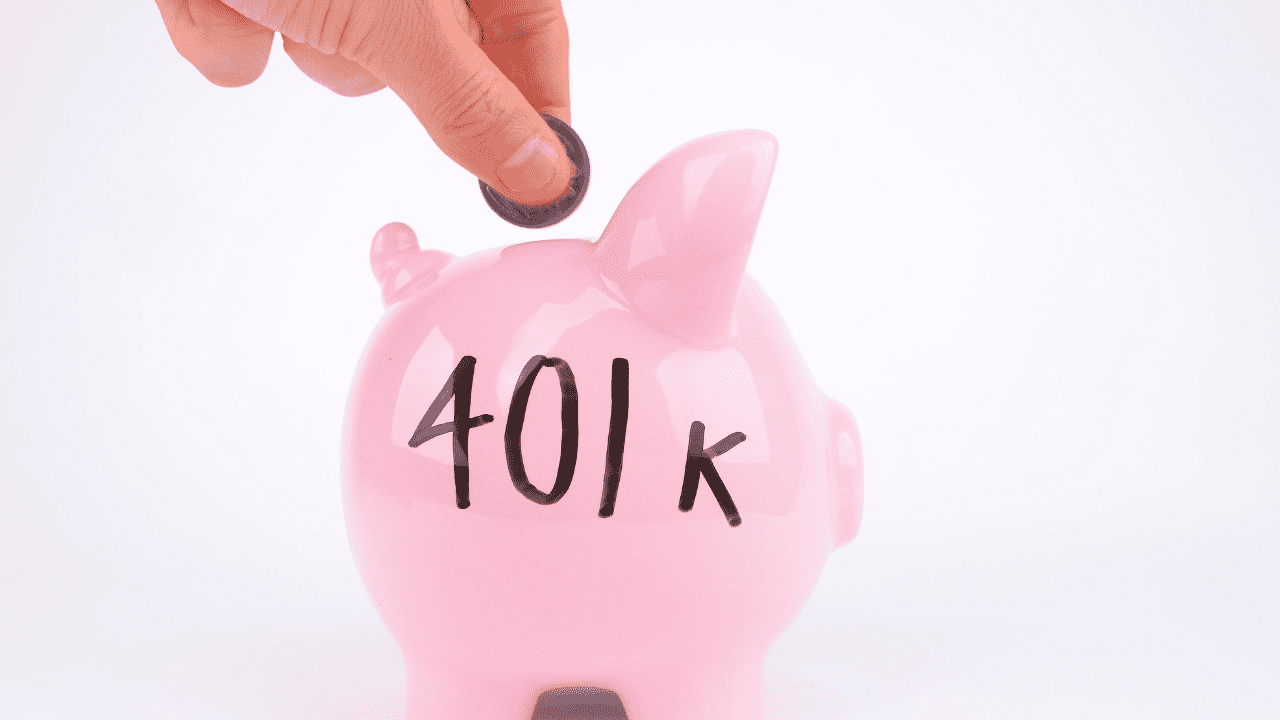It’s hard to believe, but the final quarter of the year is now upon us. As 2022 comes to a close, here are some key money moves you can make to finish the year off strong and set yourself up for success in 2023.
GATHER AND ANALYZE YOUR DATA
As we head into the final months of the year, it may be a good time to gather your important financial documents, preferably into once place such as an automated financial planning software. Once your financial data is organized, analyze it, take a look at your spending, budgets, and cash flow, to make sure you are on track to reach your financial goals for the year. Then, implement any necessary changes. Additionally within this process, take some time to set new financial goals for you and your family for the upcoming year.
REBALANCE YOUR PORTFOLIO
Given the extreme market volatility and economic uncertainty we’ve seen this year, this task is more important than in previous years. If you are working with a financial professional, ask them to tax loss harvest your accounts to capture losses, and rebalance your portfolio. As mentioned above, given the extreme market volatility the markets have been facing, make sure your asset allocation is right for you, that you are comfortable with your portfolio during the highs and the lows. Even if you’ve found the perfect asset allocation for your investment portfolios, its important to revisit your allocations periodically and do a portfolio review. Overtime, your investments may perform differently than you expected, which will change your intended allocation.
END OF THE YEAR CONTRIBUTIONS
If you’re planning to max out your 401(k) for 2022, mark your calendar for December 31st, as this is the last chance to do so. The IRS just announced retirement contribution limits for 2023, so check those out as your project your budget for next year. If you receive an end-of-the-year bonus, you may want to consider putting as much of it toward your 401(k) plan as you are able to. Additionally, if your company offers a match, make sure you are contributing at least the match to take advantage of those essentially free dollars.
If you are HSA eligible, make sure you are contributing to your HSA before the end of the year. Lastly, if you have young children, hopefully you are already contributing to a 529 plan to help pay for college when the time arrives. If not, now is the time to set one up. If you already have an account set up, make sure you remember to make your annual contribution. 529 plans have varying deadlines set by the state, but many have a December 31 cut-off. If you miss the end-of-year deposit deadline for your plan, you could be missing out on significant state tax breaks.
CONVERT TO A ROTH IRA IF ELIGIBLE
A Roth IRA conversion involves transferring retirement funds from a traditional IRA or 401(k) into a Roth account. Since the former is tax-deferred while a Roth is tax-exempt, the deferred income taxes due must be paid on the converted funds at that time. There is no early withdrawal penalty. Inquire about whether a Roth conversion is right for you.
CONTRIBUTE TO A DONOR ADVISED FUND OR OTHER CHARITABLE ORGANIZATION
Donor-advised funds are tax-deductible financial accounts provided by 501(c)(3) nonprofits who are approved, donor-advised fund sponsors. The funds are opened in the donor’s name, and they enable a donor to donate funds and get a tax-deduction immediately while deciding later which organization those funds will support.
After you set up a DAF, you can add money or appreciated assets into one of these funds and receive a tax deduction for the money or assets on the day you put them in the fund. And then, any time in the future — whether one day or ten years later — you can give the money out to any charity of your choosing. Check out our podcast with Elizabeth Goldstein regarding Donor Advised Funds and how to get involved.
CHECK ON YOUR ANNUAL SUBSCRIPTIONS
Now is a good time to revisit the annual subscriptions you are paying for. Do you really need Netflix, Hulu, Apple TV and other streaming services at the same time? You might be able to cut down on some of your monthly expenses by taking a good look at what you are actually using vs. what you are paying for. You’d be surprised at how these services add up so it’s a good time to assess what you might be able to save money on in the upcoming year.
Finally, now is a great time to schedule a meeting with your financial advisor to review your year-end financial planning. It’s important to have that meeting before year-end to set the stage for a financially successful year in 2023. Besides the list mentioned above, there are tons of other tasks you may need to check off your list before the end of the year so let us know if you need any help! If you don’t currently have a financial advisor and would like some help with your year-end planning, please contact us for a free 30-minute consultation today!






